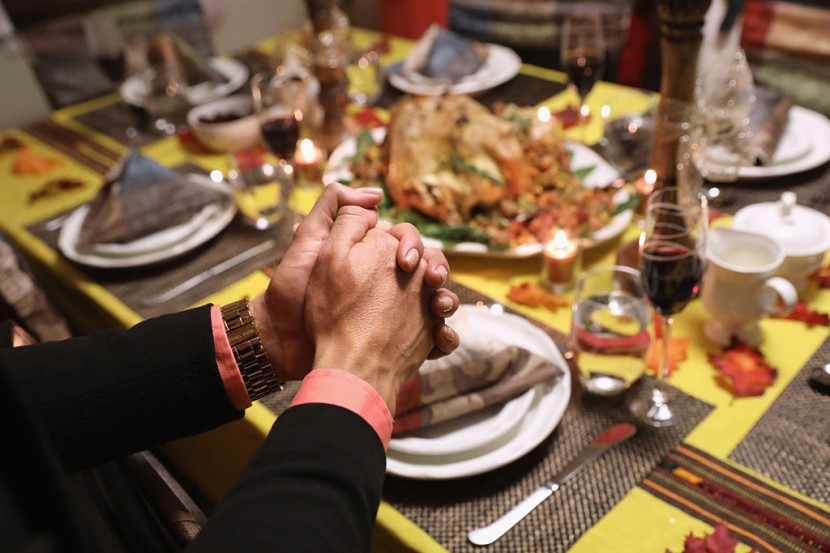
Thanksgiving is rife with myths and inaccuracy. Don't believe everything your kindergarten teacher told you about the Pilgrims and the Native people who met them.
Myths About One of the Biggest Holidays for Americans
With the annual festivities of Thanksgiving also comes years upon years of myths that have developed around the much-celebrated holiday for Americans.
Thanksgiving myths, misconceptions, and legends are prevalent on the internet. They have persisted throughout time in the digital world, reported WUSA.
Here are the myths surrounding the holiday:
1. The Setting of the Traditional Story of Thanksgiving
The traditional story of the holiday is the one reoccurring in school history books and given the Peanuts treatment in "A Charlie Brown Thanksgiving." It actually does not start in 1620, with the cold and seasick Pilgrims arriving at the Plymouth Rock, reported The Siskiyou Daily News.
It also does not start a year later with the Pilgrims and the Wampanoag all gathering together to "break bread" and commemorate their first successful harvest.
The cold truth is that such events never transpired despite being immortalized in American mythos for generations.
2. Thanksgiving Has Been Commemorated Yearly Since the Founding of the United States
George Washington issued an announcement that named Thursday, November 26, 1789 as a "Day of Publick Thanksgivin," according to the National Archives.
At that point, however, Thanksgiving was not yet incorporated into law as a yearly holiday.
3. The Mayflower Arrived at Plymouth Rock
The Pilgrims first arrived at the tip of Cape Cod. They moved on later to Plymouth and no one knows whether they actually stepped onto Plymouth Rock.
4. The Settlers Were Called Pilgrims
When the pilgrims first arrived in New England, they were in truth called Saints or Separatists. Coming to the New World was not entirely about religious freedom because the settlers had discovered that in Holland, they had the freedom to practice their religion without fear of persecution or brutality.
5. The First Thanksgiving Was Actually 'Thanksgiving'
On the subject of the "first" Thanksgiving, we are often referring to the festive meal held in the autumn of 1621 in the Plymouth settlement where the European settlers conversed with the Wampanoag tribe. However, that festive meal was not what the settlers thought of as "Thanksgiving."
6. Thanksgiving Was About Family
Turn off Bing Crosby and put away your Norman Rockwell paintings. The holiday was a multicultural community event.
If Thanksgiving had been about family, the Pilgrims would never have mingled with the Indians.
7. The Pilgrims Arrived at the New World In Search for Religious Freedom
The group most often associated with the Pilgrims, the Puritan parishioners that separated from the Church of England -- partly came to the United States looking for a place to practice their religion without condemnation.
The main reason they came to the US was to perpetuate their English culture and to make money. The congregation fled to Holland that enabled more religious freedom.








